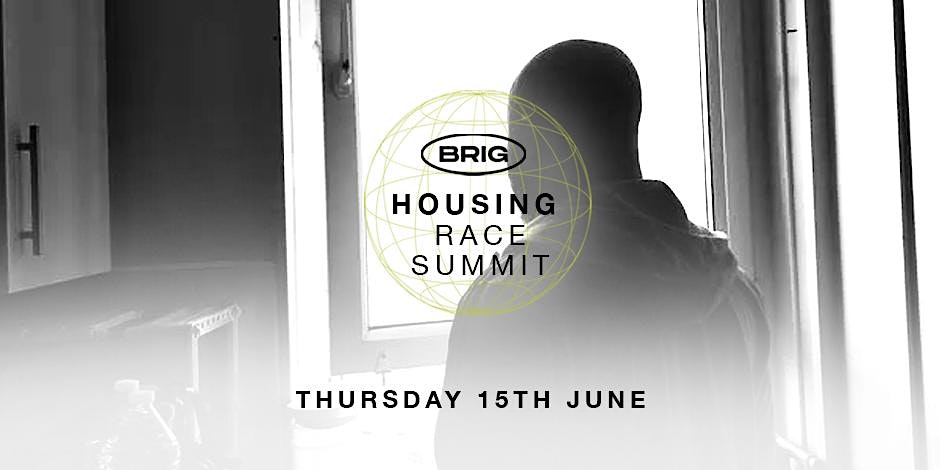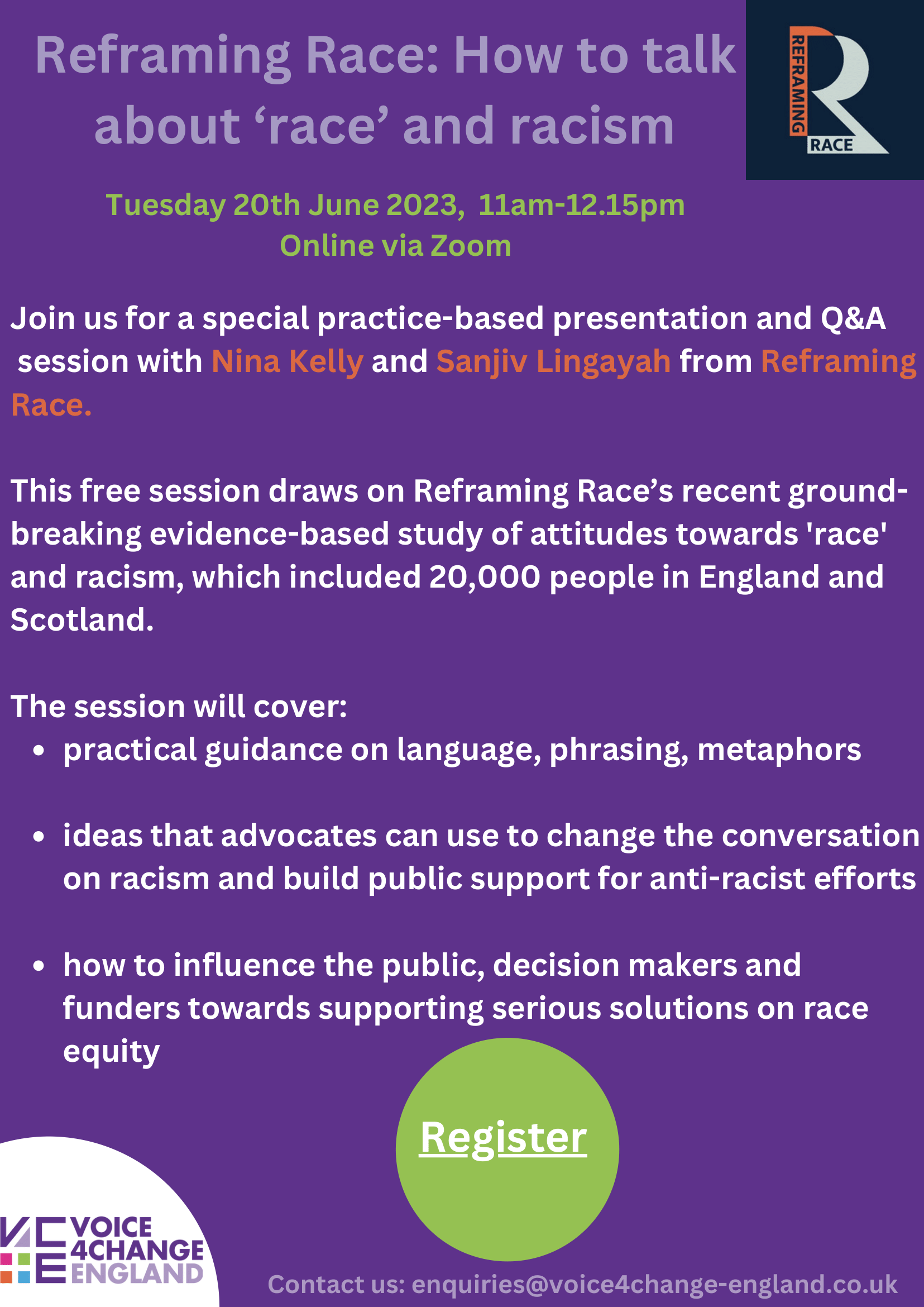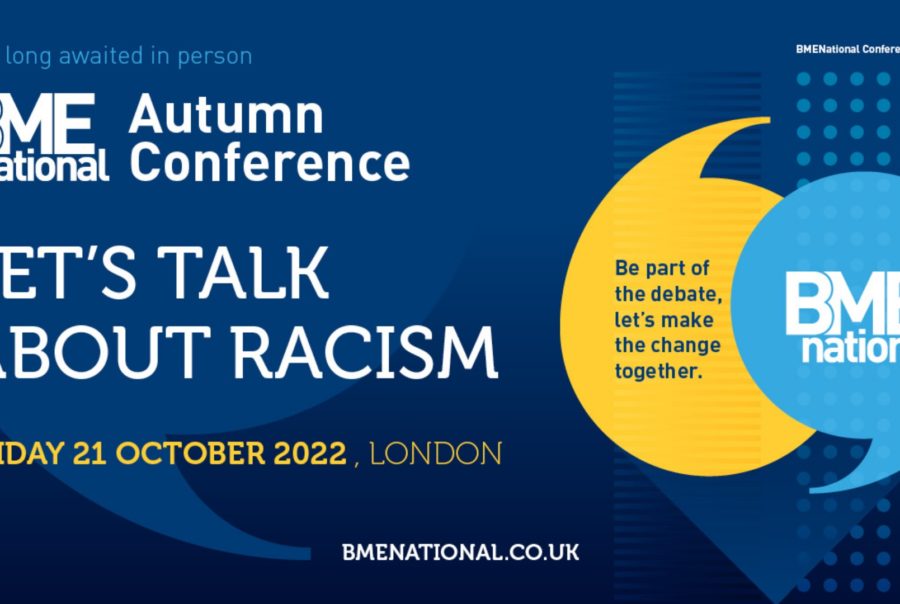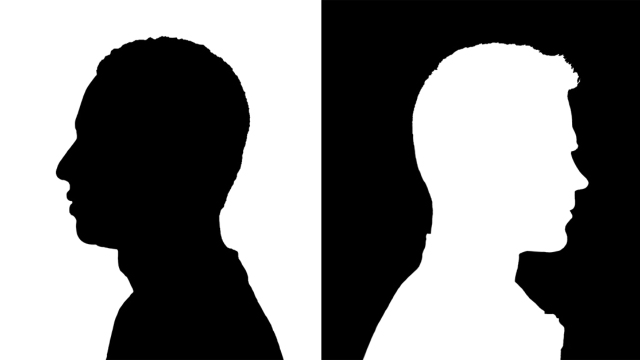We have collected a list of different resources that can help you understand more about racism.
Resources to understand racism
Definitions
Being Antiracist
Being antiracist is fighting against racism. Racism takes several forms and works most often in tandem with at least one other form to reinforce racist ideas, behavior, and policy.
To create an equal society, we must commit to making unbiased choices and being antiracist in all aspects of our lives.
Race does not biologically exist, yet how we identify with race is so powerful, it influences our experiences and shapes our lives. In a society that privileges white people and whiteness, the normalisation of racism throughout our media, culture, social systems, and institutions is now being challenged because of the concept of antiracism is being considered and reflected upon.
Historically, racist views justified the unfair treatment and oppression of people of colour (including enslavement, segregation, internment, etc.). We can be led to believe that racism is only about individual mindsets and actions, yet racist policies also contribute to our polarization. While individual choices are damaging, racist ideas in policy have a wide-spread impact by threatening the equity of our systems and the fairness of our institutions.
Race and Racial ldentity
Although race has no genetic or scientific basis, the concept of race is important and consequential. Societies use race to establish and justify systems of power, privilege, disenfranchisement, and oppression.
The notion of race is a social construct designed to divide people into groups ranked as superior and inferior. The scientific consensus is that race, in this sense, has no biological basis – we are all one race, the human race. Racial identity, however, is very real. And, in a society like the United Kingdom, everyone is assigned a racial identity whether they are aware of it or not. The dictionary’s definition of race is incomplete and misses the complexity of impact on lived experiences. It is important to acknowledge race is a social fabrication, created to classify people on the arbitrary basis of skin colour and other physical features.
Individual Racism
Individual racism refers to the beliefs, attitudes, and actions of individuals that support or perpetuate racism in conscious and unconscious ways. The U.K. cultural narrative about racism typically focuses on individual racism and fails to recognise systemic racism.
Examples include believing in the superiority of white people, not hiring a person of colour because “something doesn’t feel right,” or telling a racist joke.
Interpersonal Racism
Interpersonal racism occurs between individuals. These are public expressions of racism, often involving slurs, biases, or hateful words or actions.
Institutional Racism
Institutional racism occurs in an organisation. These are discriminatory treatments, unfair policies, or biased practices based on race that result in inequitable outcomes for whites over people of colour and extend considerably beyond prejudice. These institutional policies often never mention any racial group, but the intent is to create advantages.
Example: A school system where students of colour are more frequently distributed into the most crowded classrooms and underfunded schools and out of the higher-resourced schools.
Structural Racism
Structural racism is the overarching system of racial bias across institutions and society. These systems give privileges to white people resulting in disadvantages to people of colour.
Example: Stereotypes of people of colour as criminals in mainstream movies and media.
Events
Birmingham Housing Race Summit - Thu, 15 Jun 2023 09:30 - 15:00
Birmingham Race Impact Group has a vision. A vision to make Birmingham the first Anti-Racist City in the UK. To that end, BRIG has been holding thematic mini-summits and producing position papers that will inform a 10-year Birmingham Race Equality Delivery Plan.
On 15th June 2023 we are holding the Housing Race Summit, at the Legacy Centre of Excellence where we are inviting the public and the housing sector to join us to challenge the housing sector to do better and be better when it comes to race, to make sure:
- Deaths like that of Awaab Ishak don’t ever happen again;
- The voice of the residents in social housing translate into action
- We can come away from the Summit with strong recommendations to shift the dial in relation to race issues in housing
Chaired by Deirdre LaBassiere and joining our keynote speaker Lara Oyedele, President of the Chartered Institute of Directors, CEO of Black on Board Ltd and Non-Executive Director- Housing 21, some of the speakers on the day will be:
- Prof. Martin Levermore DL – Vice-Chairman of Nehemiah Housing Association
- Mushtaq Khan – Former President Birmingham Law Society and Non-Executive Director & Chair of Homes & Communities Committee at Accord Group
- Jagwant Johal – Co-founder of Birmingham Race Impact Group
More speakers to be announced in the coming weeks
This summit will hold an illuminating light to The Better Social Review with a robust analysis of its response to race disparities in the housing sector.
Support by Bournville Village Trust, The Pioneer Group, and the Birmingham Social Housing Partnership
Events
Reframing Race: How to talk about ‘race’ and racism - Tuesday 20th June 2023, 11am - 12.15pm
The Reframing Race initiative is hosted by Voice4Change England. The session will be chaired by Voice4Change Deputy Director, Sharmin Shajahan.
Join this session for a special practice-based presentation and question and answer session with Nina Kelly and Sanjiv Lingayah from Reframing Race on Tuesday 20th June 2023, 11am – 12.15pm, via Zoom.
The free session draws on Reframing Race’s recent groundbreaking evidence-based study of 20,000 people in England and Scotland. It will offer practical guidance on language, phrasing, metaphors and big ideas that advocates can use to change the conversation on racism and build public support for anti-racist efforts.
The event will help on the issues that advocates for race equity face daily: how to influence the public, decision makers and funders towards supporting serious solutions on race equity.
Please register now and join the conversation on this vital issue.
If you have any questions about this event, please do not hesitate to get in touch at enquiries@voice4change-england.co.uk.
Events
Lets Talk About Racism Slides - BME National Conference October 2022
BME National Conference - October 2022
The conference was an in-person event for the first time in three years on 21 October in central London. The event provided insights into the key challenges facing the housing sector.
Conference speakers included Kate Henderson (National Housing Federation) and Kate Dodsworth (Regulator of Social Housing) talking about an anti-racist approach to housing and regulation. Roger Kline shared his experience in the National Health Service, and was also joined by speakers from the Resolution Foundation and the Joseph Rowntree Foundation to discuss the cost of living crisis, and what it means for our communities.
Khalid Mair and Tom Copley (the Deputy Mayor for Housing at the GLA) drew lessons for the housing sector from the GLA’s approach on tackling inequality. There was also an opportunity for BMENational members to discuss the future direction and priorities for the network.
Research - Race Equality in Housing
A Review of the Policy Approach in England, Wales and Scotland
There are long-standing ethnic inequalities in housing in England, Scotland and Wales. These inequalities matter and there are good social justice reasons to promote greater equality in the housing system. It is also a legal requirement under the Equality Act 2010.
This study set out to understand how housing policy in England, Scotland and Wales is rising to this challenge. The focus was understanding the policy approach to protecting people from discrimination and advancing race equality in the housing system.
The research approach centred on a desk based exercise that involved identifying, collating and analysing publicly available information and evidence. More than 20 semi-structured interviews were also conducted with key policy and practice stakeholders across England, Scotland and Wales.
Finally, a review was conducted of the rich historical evidence base of research and analysis, evaluation and good practice on race equality and housing generated from the 1970s through to the 2000s. This provided a useful counterpoint against which to judge contemporary policy and practice, and a rich source of ideas for addressing observed weaknesses and failings.
Articles
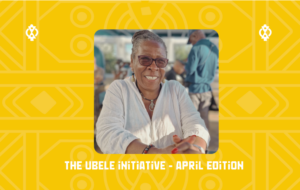
As the 30th Anniversary of the death of Stephen Lawerence approaches
By Yvonne Field – The Ubele Initiative
As the 30th anniversary of the death of Stephen Lawrence approaches, I remember being phoned by a community education worker based on the Ferrier Estate, near Eltham. It was 9.30am the morning after his murder; I was employed by Greenwich Borough’s Community Education Service, and he called to inform me that another Black boy had been murdered. At the time we were still reeling from the racist murder of the 15 year old Rolan Adams 18 months earlier; he and his younger brother had been set on by a group of up to 15 white youth in Thamesmead.
I also remember attending Stephen’s funeral and although I did not know Stephen or his family, I along with several hundred mourners stood outside the packed church before one of our youth workers pulled me into the back of the church. I cried as I stood against the church wall and listened to the moving service and paid my respects by walking passed Stephen’s open coffin. The images from that day will remain etched in my mind forever and will be brought into even sharper focus when I attend his memorial service later this month.
The subsequent mistreatment of Stephen’s family added mountains of salt to deep injury; however, these mounting wounds did not deter them from their determined fight for justice for their son. Some naively thought that Sir William McPherson’s institutionally racist finding of the Metropolitan Police’s handling of Stephen’s murder would be a turning point for the service; I even got involved in delivering diversity inclusion and equality training for the North Yorkshire Constabulary back then. I am lost for words (unusual, I know!), in response to Metropolitan Police Commissioner Sir Mark Rowley’s reaction to Baroness Louise Casey’s recent report which was to refer to her same finding some 20+ years after McPherson as, ‘politicised’ and ‘ambiguous’.
Available evidence suggested that the impact of racism is extremely bad for one’s mental and physical health; challenging institutionally racist institutions can kill you; just look at South Africa’s apartheid history. Sir Mark’s refusal to use the term institutional racism is to hide from what members of our community have known and experienced for decades. Sir Mark had an opportunity to hold his hands up and come clean; instead, in 2023 he appears to represent a deeply stuck system with powerful and stuck leadership. We have invited him to an emergency conversation about the findings of the Casey report. It is time for him to face some of the stark realities of Black and racially minoritised lives he is mandated to serve and who currently make up over 46% of London’s population. We invite Sir Mark, members of his senior team, our community groups and organisations, regional stakeholders, and allies to join us in this necessary debate. More details on this can be found here

Open Letter To Sir Mark Rowley
By Michael Hamilton FRSA Director – The Ubele Initiative
Imagine for a moment that you were born into a society where everyone held a particular belief, that every rule and every custom was influenced by this belief. In this society, this belief became so deeply entrenched over the centuries that most people no longer even recognised that it was a belief and experienced it as the truth. They behaved in accordance with their truth. Racism is such a belief.
If you take a brief look at any facet of UK life, you will find society leaves People of Colour worse off than their White counterparts. Look at the pandemic, Health, Education, Crime, Employment and Mental Health. The very fabric and threads of this society are stitched together in a way that leaves people of colour without the necessary tools to live freely and reach for our potential.
When we speak of institutional racism, we do not speak of the behaviour of individuals. We speak about the depths to which these beliefs have penetrated every aspect and every action of our society. That’s what institutional racism means to me, a proud member of the Black community in London.
Baroness Casey in her report, ‘An independent review into the standards of behaviour and internal culture of the Metropolitan Police Service’ identifies many impacts of institutional racism within the Metropolitan Police. She notes that:
1. Black and ethnic minority officers and staff experience racism at work and it is routinely ignored, dismissed, or not spoken about. Many do not think it is worth reporting
2. Black Londoners in particular remain over-policed. They are more likely to be stopped and searched, handcuffed, batoned and tasered
3. The Met is more comfortable focusing on individual wrongdoers or procedural failings than on systemic issues or bias. It leans into the ‘bad apples’ and ‘wrong’uns’ rhetoric, rather than acknowledging institutional failings
Baroness Casey goes on to say that “Many of the issues raised by the Review are far from new. I make a finding of institutional racism, sexism and homophobia in the Met.’
You argue that institutional racism is an ambiguous term, that it has different definitions and means different things to different people. The first step to resolving any problem is to name it and say it out loud. How can you say you accept the findings of the report without acknowledging the fundamental existence of institutional racism?
Institutional racism is defined as policies and practices that exist throughout society, mirrored in organisations that result in and support a continued unfair advantage to some people and unfair or harmful treatment of others based on race.
The term was first coined in 1967, by Stokely Carmichael and Charles V. Hamilton in Black Power: The Politics of Liberation: ‘Institutional racism originates in the operation of established and respected forces in the society, and thus receives far less public condemnation than individual racism‘
The Macpherson Report, 1999, described institutional racism as:
‘The collective failure of an organisation to provide an appropriate and professional service to people because of their colour, culture, or ethnic origin. It can be seen or detected in processes, attitudes and behaviour that amount to discrimination through prejudice, ignorance, thoughtlessness, and racist stereotyping which disadvantage minority ethnic people‘
Most recently The Casey Review made a finding of institutional racism and referenced The Macpherson report.
Which of these definitions do you deny? Where do you see ambiguity? Are all of these definitions not true of The Metropolitan Police Force?
You say you want to repair the trust that is badly broken between the Met and London’s Black communities. And yet you repeatedly refuse to say the words that we need to hear. How do you hope to build trust when you continue to deny our lived experiences?
The Casey Review has only laid bare what we in the Black community have known definitively all of our lives – The Metropolitan Police Force is institutionally racist.
I call upon you to meet with myself and members of the Black community in a live emergency webinar to discuss these matters.
Sincerely,
Michael Hamilton FRSA Director – The Ubele Initiative
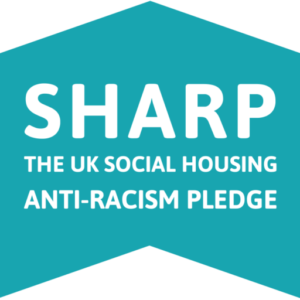
Racial inequality hard-wired into housing system in England, study finds
By Robert Booth – article taken from The Guardian 21/10/2022
One in three black people who have experienced homelessness have also faced racial discrimination from a landlord, six times more than the general population of those who had struggled for shelter, a study reveals.
Academics at Heriot-Watt University in Edinburgh found black-led households reporting discrimination also face a risk of homelessness nearly 50% greater than that of a white-led household, even controlling for their socio-economic characteristics. Housing campaigners said the findings “should shame our country” and showed racial inequality was “hard-wired into our housing system”.
The study comes days after the parents of two-year-old Awaab Ishak blamed a social landlord’s racism for his death from black mould in a rented flat in Rochdale that was not treated despite complaints. The housing secretary, Michael Gove, said the familyhad been “victims of prejudice” and warned of “a significant problem with people from black and minority ethnic backgrounds not being treated, as they should be, with respect”.
At the weekend, as the chief executive of Awaab’s landlord was fired, Gove directed all councils across England to make an urgent assessment of damp and mould. He also told social housing providers to “raise the bar dramatically on the quality of social housing and empower tenants so that their voices are truly heard”. Voicing concern about mould was “not treated with sufficient seriousness”, he wrote, and he instructed local authorities to rapidly fix any homes that do not meet the decent homes standard and stop blaming the problem on “lifestyle issues”.
After a senior coroner found persistent black mould caused Awaab’s death, his parents, who are from Sudan, told Rochdale Boroughwide Housing to “stop discriminating, stop being racist [and] stop providing unfair treatment to people coming from abroad who are refugees or asylum seekers”.
The Rochdale case has echoes of the Grenfell Tower fire: families of the victims of the 2017 blaze, 85% of whom were from minority ethnic backgrounds, have urged the public inquiry to deliver a finding of institutional racism in the landlord body.
The Heriot-Watt research into racial bias in housing comes 60 years after flat-hunters reported seeing signs for places to rent that would say “no coloureds” or “no blacks”.
Prof Glen Bramley, a co-author of the report, which used data from the government’s 2016-2018 English Housing Surveys, said: “What is particularly distressing about the findings is the apparent link between homelessness and race discrimination.”
More than one in 10 Asian people who had experienced homelessness had also reported being discriminated against by a landlord, twice the level of the general population.
The report said the large number of black people who have experienced homelessness and racist treatment from private and social landlords “may indicate that experiences of discrimination drive heightened risks of homelessness and/or that black and other minoritised ethnic communities who are homeless are exposed to higher risks of discriminatory behaviour”.
Bramley is now planning more statistical analysis and will gather qualitative evidence “to address these stark inequalities in the most extreme forms of housing need”.
Dr Halima Begum, the chief executive of the Runnymede Trust, a race equality thinktank, said the findings made for “extremely difficult reading”.
Matt Downie, the chief executive of Crisis, the homelessness charity, said: “Every day we see in our services that black, Asian and minority ethnic groups are experiencing higher rates of homelessness. But this research puts beyond doubt the reality and scale of the problem. It is horrifying that people are being exposed to harassment and abuse in the pursuit of trying to find somewhere safe and secure to live.”
Books
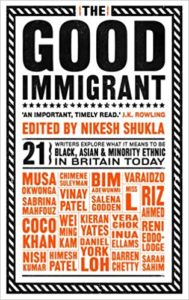
The Good Immigrant
By Nikesh Shukla
Bringing together 21 exciting black, Asian and minority ethnic voices emerging in Britain today, The Good Immigrant explores why immigrants come to the UK, why they stay and what it means to be ‘other’ in a country that doesn’t seem to want you, doesn’t truly accept you – however many generations you’ve been here – but still needs you for its diversity monitoring forms.
Inspired by discussion around why society appears to deem people of colour as bad immigrants – job stealers, benefit scroungers, undeserving refugees – until, by winning Olympic races or baking good cakes, or being conscientious doctors, they cross over and become good immigrants, editor Nikesh Shukla has compiled a collection of essays that are poignant, challenging, angry, humorous, heartbreaking, polemic, weary and – most importantly – real.
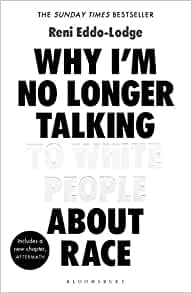
Why I’m No Longer Talking to White People About Race
By Reni Eddo-Lodge
The book that sparked a national conversation. Exploring everything from eradicated black history to the inextricable link between class and race, Why I’m No Longer Talking to White People About Race is the essential handbook for anyone who wants to understand race relations in Britain today.
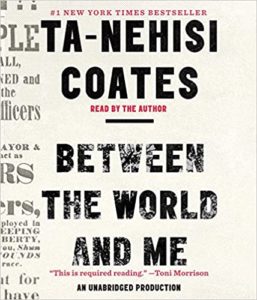
Between the World and Me
By Ta-Nehisi Coates
In a profound work that pivots from the biggest questions about American history and ideals to the most intimate concerns of a father for his son, Ta-Nehisi Coates offers a powerful new framework for understanding the US’s history and current crisis. Americans have built an empire on the idea of ‘race’ a falsehood that damages us all but falls most heavily on the bodies of black women and men’s bodies exploited through slavery and segregation, and, today, threatened, locked up, and murdered out of all proportion. What is it like to inhabit a black body and find a way to live within it? And how can we all honestly reckon with this fraught history and free ourselves from its burden?
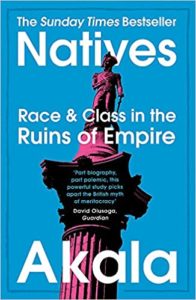
Natives: Race and Class in the Ruins of Empire
By Akala
From the first time he was stopped and searched as a child, to the day he realised his mum was white, to his first encounters with racist teachers – race and class have shaped Akala’s life and outlook. In this unique book he takes his own experiences and widens them out to look at the social, historical and political factors that have left us where we are today.
Podcasts
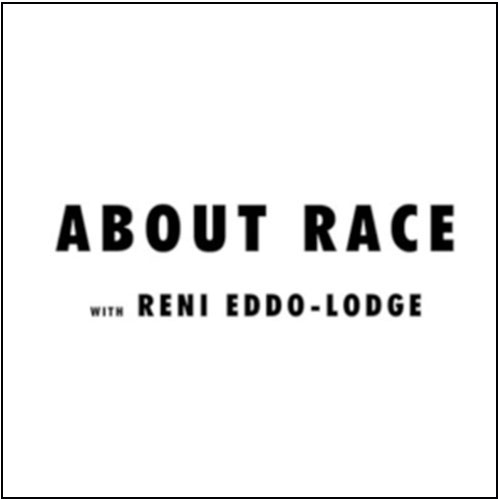
About Race with Reni Eddo-Lodge
From the author behind the bestselling Why I’m No Longer Talking to White People About Race, comes a podcast that takes the conversation a step further.

Centre for the study of the Legacies of British Slavery
The following podcast by the project team about the original project and its aims dates from 2009. It last a little over 10 minutes.
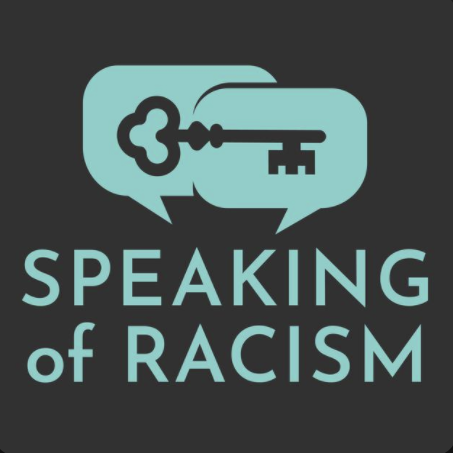
Speaking of Racism
A podcast celebrating everyday activists who are disrupting, deconstructing, and dismantling racism.
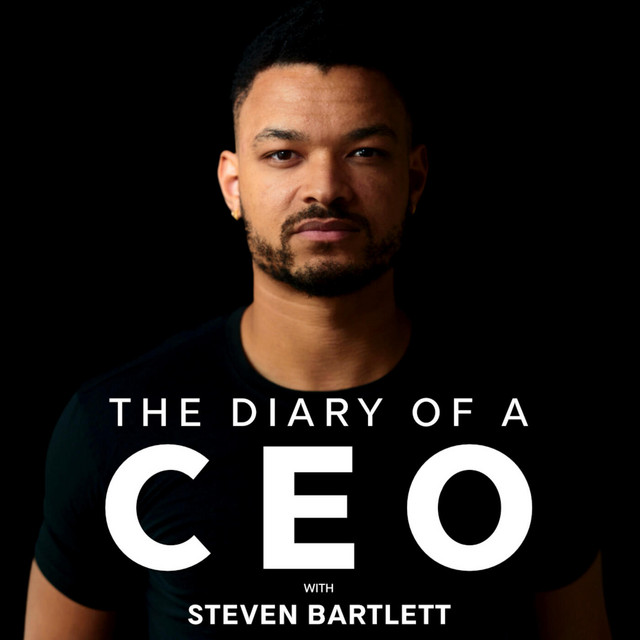
The Diary of a CEO with Steven Bartlett
Episode Description – Steven Bartlett interviews David Harewood the award-winning actor, star of Supergirl and Homeland, and best-selling author behind Maybe I Don’t Belong Here, one of the best-reviewed and best-selling books of 2021. One of the best actors of his generation, David’s road to the top had to overcome his psychosis. He talks about racism, social rejection, being sectioned in this deeply moving interview
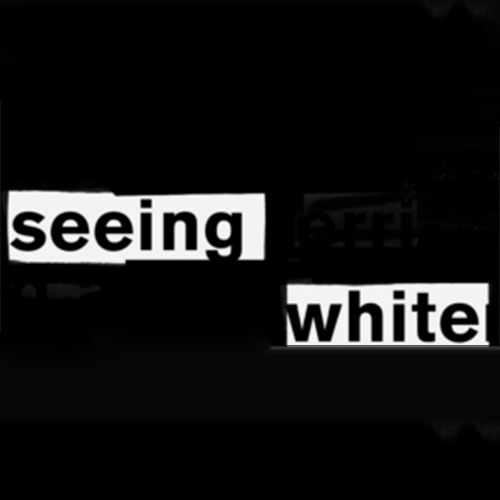
Seeing White
Scene on Radio host and producer John Biewen with an array of leading scholars and regular guest Dr. Chenjerai Kumanyika, in this fourteen-part documentary series, released between February and August 2017.
Videos
Watch a collection of video series, documentaries and talks about racism in society.
It’s Everywhere
by Racheal Ofori
Racism is everywhere and only when we admit that it’s a learnt construct, and that it exists in everything can we even begin to dismantle it: the overt and the subtly insidious.
Post Traumatic Slave Disorder
by Dr. Joy DeGruy Leary
In the 16th century, the beginning of African enslavement in the Americas until the ratification of the Thirteenth Amendment and emancipation in 1865, Africans were hunted like animals, captured, sold, tortured, and raped. Did the trauma and the effects of such horrific abuse end with the abolition of slavery?
Akala deconstructs race, class, and Britain’s modern myths
Rapper, poet and scholar Akala joins James O’Brien for a scintillating interview, in which they discuss two issues that run to the heart of modern Britain: race and class.
The School That Tried To End Racism
BAFTA-winning documentary series that follows a British school as it helps its students uncover and eradicate hidden racial biases, exploring how this can affect us all and what we can do to tackle it. Watch the series
TED TALK: Talks to help you understand racism in America
From passionate pleas for reform to poetic turns of phrase, these talks take an honest look at everyday realities of Black Americans and illuminate the way forward.
Watch the series
